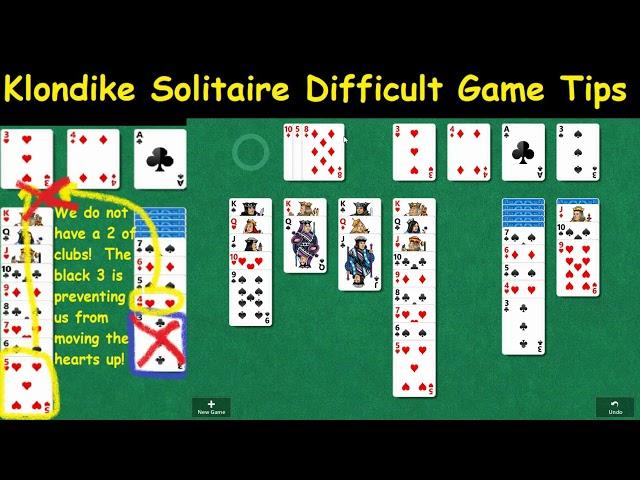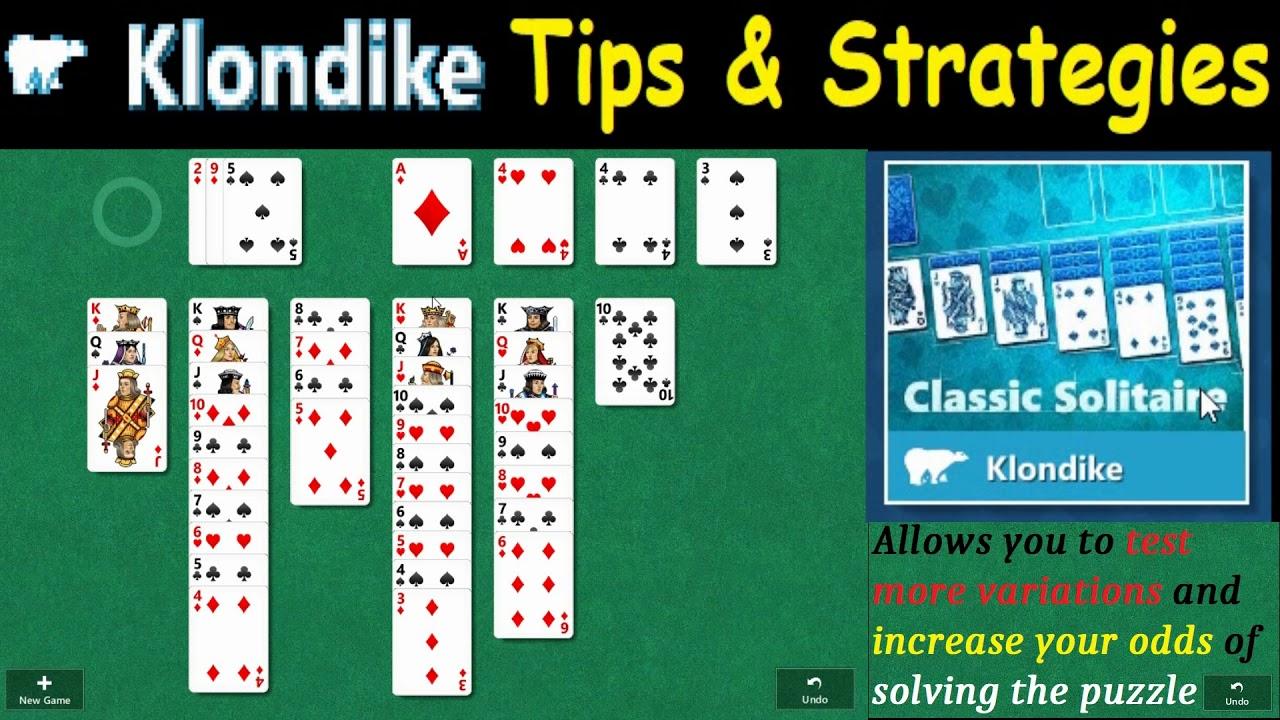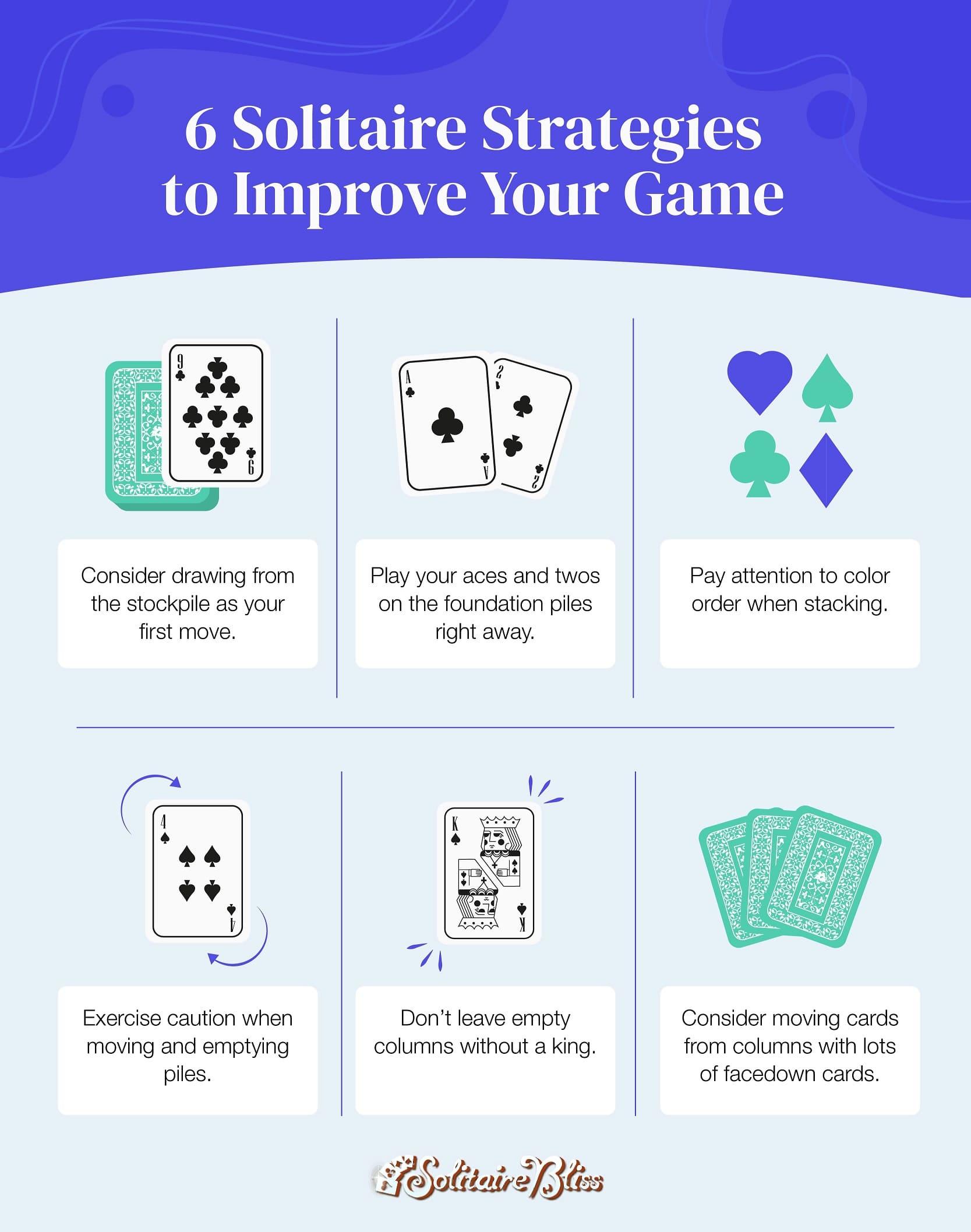why is solitaire so hard

Title: The Enigmatic Allure of Solitaire: Unraveling the Challenge
Introduction:
In a world brimming with complex games and ever-evolving technology, Solitaire stands out as a timeless solitary pursuit, inviting players into its realm of patience and strategy. At first glance, it may seem deceptively simple—a deck of cards laid out in neat arrays, beckoning you to arrange them in perfect order. Yet, beneath this veneer of ease lies a labyrinth of challenges that can perplex even the most seasoned players. Why is Solitaire so hard? Join us as we delve into the intricacies of this classic card game, exploring the psychological and strategic hurdles that transform a seemingly straightforward pastime into a test of wit and perseverance. Whether you’re a casual player seeking to understand the game’s nuances or a seasoned strategist looking to refine your approach, the mysteries of Solitaire promise to challenge and captivate in equal measure.
The Complexity of Solitaire Strategies Unveiled
Understanding the intricate web of strategies involved in Solitaire reveals why many find themselves challenged by the game. Each move made can significantly alter the outcome, and simple decisions often cascade into complex problems. The reliance on both skillful planning and a hint of luck adds layers of difficulty, making players second-guess their strategies. Key factors influencing the game’s complexity include:
- Card Arrangement: The initial shuffle and layout can create immediate challenges, often determining the course of the game.
- Move Options: Players must constantly evaluate potential moves, weighing their immediate benefits against long-term consequences.
- Locked Cards: Certain cards may become inaccessible due to the state of other played cards, complicating progress.
Moreover, Solitaire is not just a game of luck but also a puzzle that requires strategic foresight. The interplay of various factors necessitates the development of specific techniques and memory skills. Players are often faced with the daunting choice of playing conservatively by maintaining multiple open moves or aggressively uncovering hidden cards. The intricate balance of risk and reward leads to various strategy archetypes. For instance, one strategy may prioritize uncovering cards quickly, while another might focus on maintaining flexibility for future plays. An overview of some prevalent strategies is shown below:
| Strategy Type | Description |
|---|---|
| Conservative | Focus on maximizing available moves before making drastic decisions. |
| Aggressive | Prioritize uncovering hidden cards quickly, accepting some risks in the process. |
| Balanced | A mix of both approaches, allowing flexibility while strategically uncovering cards. |

The Psychological Factors Behind Solitaires Challenge
At its core, Solitaire is a complex interplay of cognitive processes that keep players engaged and challenged. The game requires a high level of strategic thinking and problem-solving, forcing players to weigh their decisions carefully and consider potential outcomes. Each move can significantly affect the overall game, creating a dynamic environment where the stakes can shift rapidly. Additionally, Solitaire engages the working memory as players must remember the positions of cards while simultaneously planning future moves. This dual demand can lead to feelings of frustration, especially when the solution seems just out of reach.
Moreover, the inherent unpredictability of card distribution introduces an element of chance that can amplify a player’s emotional response. This aspect can lead to the phenomenon of ‘cognitive dissonance’ when players confront their expectations versus the reality of the game’s outcomes. Understanding this psychological conflict can illuminate why some players find themselves trapped in a loop of repeated play, driven by a desire to overcome the challenge. Key psychological factors at play include:
- Frustration Tolerance: How well players handle setbacks can dictate their overall enjoyment.
- Risk Assessment: Players must balance their risk-taking with the potential rewards of their decisions.
- Self-Efficacy: Players’ belief in their ability to complete the game influences their persistence.

Mastering the Game: Techniques to Improve Your Solitaire Skills
The intricacies of solitaire often baffle even the most seasoned players, transforming what seems like a straightforward card game into a challenging puzzle. Understanding the rules and card placement strategies are essential, but mastering the game requires you to develop a keen sense of foresight and adaptability. When tackling a difficult layout, consider these helpful techniques:
- Plan Ahead: Always think a few moves ahead; visualize how your decisions will impact the future of the game.
- Prioritize Moves: Focus on exposing face-down cards and always prioritize moving cards that create opportunities for future plays.
- Know When to Shuffle: If you’re stuck, consider shuffling the deck at strategic moments to refresh your options.
Moreover, the psychological aspect of solitaire can introduce another layer of difficulty. The temptation to make hasty decisions can lead to costly mistakes. Keeping a composed mindset is critical. Here’s a simplified guide to boost your mental approach:
| Tip | Benefit |
|---|---|
| Stay Patient | Allows for better decision-making. |
| Practice Regularly | Improves familiarity with strategies. |
| Reflect on Games | Helps identify patterns and mistakes. |

Understanding Variants: How Different Versions Add to the Difficulty
Exploring the kaleidoscope of solitaire variants reveals both the charm and the challenge they present. Each version—be it Klondike, Spider, or FreeCell—introduces unique rules and mechanics that can drastically alter gameplay. For instance, while Klondike may seem straightforward with its traditional tableau structure, the addition of moves like only drawing one card at a time can elongate games and increase complexity. On the other hand, Spider introduces not just multiple suits but also the ability to strategize between stacks, making it a game of patience and foresight. The distinct rules of each variant create fascinating layers of difficulty, often requiring players to adapt their strategies and think critically to navigate the nuances inherent in each form.
The interplay of rules among these games extends to the varying win conditions, which can affect player focus and engagement. Consider the following aspects that contribute to the difficulty:
- Card Movement Restrictions: Some variants limit how cards can be moved, making it crucial to plan your moves ahead of time.
- Deck Composition: Different card decks may be introduced in various games, influencing the probabilities of draws and strategic plays.
- Winning Tiers: Certain versions award wins based on completing multiple objectives, adding an additional layer to the challenge.
| Variant | Key Feature | Difficulty Level |
|---|---|---|
| Klondike | Single draw mechanics | Medium |
| Spider | Multiple suits | Hard |
| FreeCell | Use of free cells | Medium to Hard |
In Retrospect
In the intricate dance of cards that is Solitaire, the challenge lies not merely in the arrangement of suits and numbers, but in mastering a delicate balance of strategy, patience, and chance. While at first glance, it may appear to be a simple pastime, the game unfolds layers of complexity that can confound even the most seasoned players. The interplay of rules, the whims of random draw, and the ever-looming possibility of oversight transform each round into a unique puzzle.
Ultimately, the difficulty of Solitaire reflects a deeper truth about life’s own challenges: success often requires not only skill but also the humility to accept that sometimes the cards we are dealt may not lead us to victory. So, the next time you find yourself grappling with an elusive win, remember that each game provides not just a test of ability but an opportunity for reflection and growth. Whether you conquer the tableau or find yourself reshuffling at the end, the beauty of Solitaire lies in the journey it offers, a reminder that in both cards and life, resilience is key.

Leave a Reply